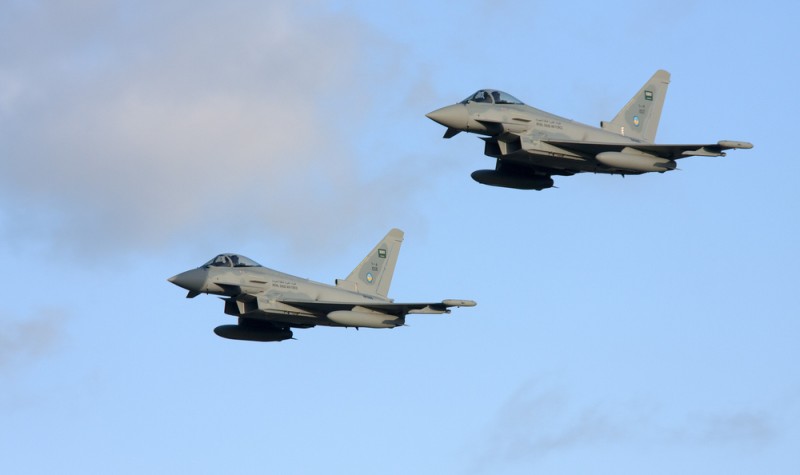BAE and Tesco shares could offer dividend investing appeal

Robert Stephens, CFA, discusses the income investing potential of two FTSE 100 shares, BAE Systems and Tesco.
The FTSE 100’s 20% surge over the past year means it may now be more challenging to unearth higher-yielding shares. Moreover, the uncertain outlook for the world economy could limit the prospect of dividend growth over the coming months – and even years.
Despite this, there may still be dividend investing opportunities available. Large-cap stocks including BAE (LON:BA.) and Tesco (LON:TSCO) currently offer yields in excess of 4%. Their growth strategies and long-term prospects may also allow them to deliver inflation-beating rises in shareholder payouts.
Tesco
The retailer has arguably been one of the major beneficiaries of Covid-19 lockdowns. Its dominant market share of the online grocery market, which currently stands at around a third, means that it has been well placed to capitalise on changing consumer trends. This situation may continue, since long-term trends that have seen a rise in the proportion of total retail sales conducted online from 9% in 2011 to 36% in 2021 look set to persist.
Of course, a reopening of the economy may mean consumers spend a larger proportion of their disposable incomes on travel and leisure items. This could be detrimental to Tesco’s short-term prospects, although its wholesale food business, Booker, may stand to benefit from such a change.
Meanwhile, Tesco has made strong gains in improving its customer satisfaction scores. Its net promoter score (NPS) was at a record high in the most recent quarter, while it continues to score highly on value for money versus budget rivals. These factors could help to differentiate it from sector peers.
The retailer currently has a forward dividend yield of 4.3%, which is expected to be covered 1.9 times by net profit this year. Its dividend is expected to grow by around 10% in the next financial year. These figures suggest that its shareholder payouts are affordable and could prove to be relatively attractive in a low interest rate environment.
BAE
BAE has delivered a sound performance during the pandemic. The aerospace and defence company posted a modest rise in sales and profitability in 2020. It also won a number of new contracts that could catalyse its long-term financial performance.
Of course, periods of economic uncertainty can lead to lower military spending. This could hurt the firm’s financial prospects should the global economic recovery from Covid-19 prove to be less impressive than current expectations.
However, the firm has an order backlog in excess of £45bn and a strong position in the world’s major defence markets. It also has a solid track record of performance relative to sector peers during previous periods of slower growth in global military spending.
BAE has strengthened its position in areas such as data consultancy and digital services via recent acquisitions. Alongside its plans to diversify into new markets, they could catalyse its long-term financial performance.
In terms of income potential, BAE’s forward dividend yield of 4.7% is relatively high. It is due to be covered around twice by earnings in the current year. Dividends per share are expected to rise by over 5% next year, which is significantly higher than current inflation expectations. As such, it could prove to be a relatively strong income performer versus its FTSE 100 index peers.
Comments (0)